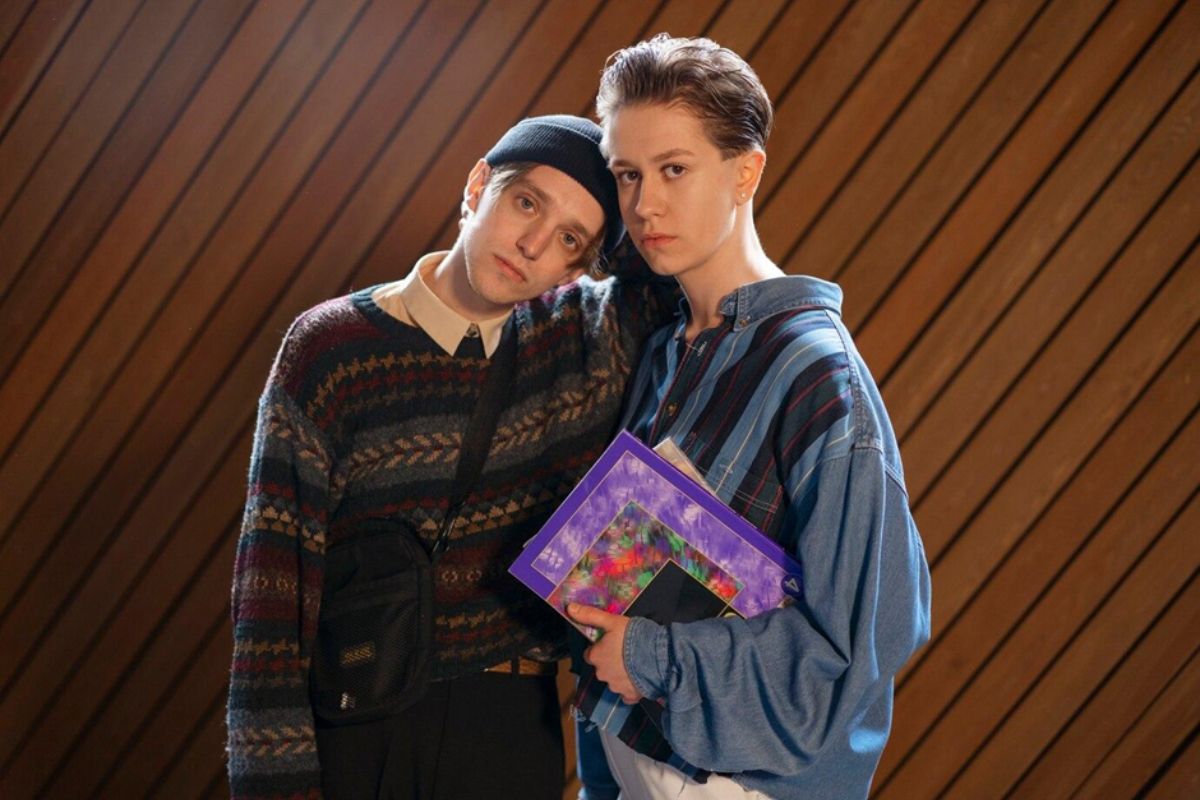The Rise of LGBTQ+ Fiction Set in London

London, with its tangled streets and paradoxes, has always offered a stage—no, a living, pulsing platform—for stories. But recently, there’s been a sharp, almost electric surge in one specific category of narrative: LGBTQ+ fiction. Not just romance or heartbreak, though there’s plenty of that. No. We’re talking about books that breathe in the city’s fog, sweat the Tube commute, and sleep under neon-lit skies—queer stories rooted here, in this ancient yet always new city.
Table of Contents
ToggleWhy London? Why Now?
Because cities speak. And London doesn’t whisper.
It shouts in a hundred accents and sings from balconies. It houses the loud, the soft, the lost, the found. For the LGBTQ+ community, London has long been both sanctuary and battlefield. Soho’s gay bars, Vauxhall’s clubs, Camden’s open-minded poetry nights—they’re more than nightlife. They’re history books with basslines.
According to Nielsen BookData, LGBTQ+ fiction saw a 39% increase in UK sales between 2021 and 2023. That isn’t a blip. That’s a wave. And a hefty portion of those titles are set in—you guessed it—London. Writers are pulling the city into their characters’ lives, not as a backdrop, but as a partner in crime, in love, in growth.
Characters Who Walk Your Streets
Flip through Jonny Appleseed. Wait, that one’s set in Canada. But take All the Things We Don’t Talk About by Amy Feltman or Young Mungo by Douglas Stuart (Scotland-based, yes, but London breathes on its edges). Now dive into the unapologetically London-centric We Are Totally Normal by Rahul Kanakia or Rainbow Milk by Paul Mendez. Mendez gives us Jesse—Black, gay, ex-Jehovah’s Witness—navigating racism, sexuality, and class. His London is gritty, tender, relentless.
And then there’s In At the Deep End by Kate Davies. Think: chaotic millennial lesbian life, painfully funny, heartbreakingly real, soaked in London awkwardness. These characters could be sitting next to you on the bus, debating oat milk versus almond.
Beyond the Romance
Not every LGBTQ+ book set in London is a love story. Or if it is, it’s also something else—an identity puzzle, a cultural interrogation, a mental health exploration. Now reading novels online opens up a lot of nuances, straightforwardness is a thing of the past. Perhaps the reason for the popularity of novels on FictionMe, is the opportunity to speak out, write about bullying or the path of coming-outs.
Those who read free novels online can unite, be inspired and receive support on their path. Moreover, your path does not necessarily have to be the right one; while reading one of the free novels online, you can have an “epiphany.” Whatever you are looking for in IOS novels, from quenching boredom to strange joys, like observing the difficulties of heroes, you can get it all here and now.
Take This Brutal House by Niven Govinden. Set against the backdrop of the drag ball community and activism, it doesn’t romanticize London. It wrestles with it. And Dean Street Express by Bethan Roberts dives into 1950s Soho queer culture—secretive, sharp-edged, deeply human.

The Indie Boom & Digital Pulse
Independent publishers like Team Angelica, Cipher Press, and Incandescent are slicing through the old gatekept model. They’re not asking for permission. They’re printing stories by queer writers of color, trans voices, and those outside the glossy mainstream. Cipher Press alone has introduced readers to edgy, unforgettable titles like The Freezer Door by Mattilda Bernstein Sycamore.
Instagram and TikTok haven’t hurt either. #QueerBookTok has birthed overnight bestsellers. When a user posts a crying selfie clutching a novel about a gay artist in Hackney trying to survive heartbreak and landlord drama? That book sells out. Fast.
Readers Want Real
Authenticity is trending. Readers aren’t after polished, idealized queer lives in spotless flats with rainbows on the walls. They want a mess. They want flatshares that feel like found families. They want love that fails, and still, someone keeps going.
In a 2023 survey by BookTrust, 74% of UK readers under 30 said they wanted more diverse stories—including specifically LGBTQ+ narratives. Of those, 58% mentioned “realism” and “urban life” as key draws. London fits that ask like a secondhand denim jacket—worn, but perfect.
What’s Next?
Will we see a queer fantasy series set in underground London tunnels with drag queen witches? Maybe. A bisexual detective unraveling crimes in Shoreditch thrift shops? Sounds possible. A non-binary poet wandering Battersea Park unraveling grief? Already in the works.
What’s certain: LGBTQ+ fiction set in London isn’t a niche anymore. It’s not a genre. It’s a pulse.
It’s the quiet thrum of a story that begins on a double-decker, maybe ends in a council estate, and somewhere in between, finds something like freedom. Not the loud kind. Not the rainbow-bannered kind. But the kind that lets a reader somewhere—in Bristol, in Belfast, in Bangalore—exhale and think, oh. There I am.
Books That Walk the Same Pavement As You Do
The rise of LGBTQ+ fiction in London is about visibility. But it’s also about intimacy. About knowing that these streets don’t just belong to the straight and the cis. They belong to everyone who’s ever kissed someone at 2 a.m. outside a pub and wondered what tomorrow will look like.
And maybe—just maybe—tomorrow’s novel starts there.
Published by Seren Reynolds
Hi, i am a digital marketer with over 5 years of experience. I specialize in using online platforms and strategies to help businesses grow and engage their audiences. View more posts
Recent Post
How to Transform Your Smile This Summer







